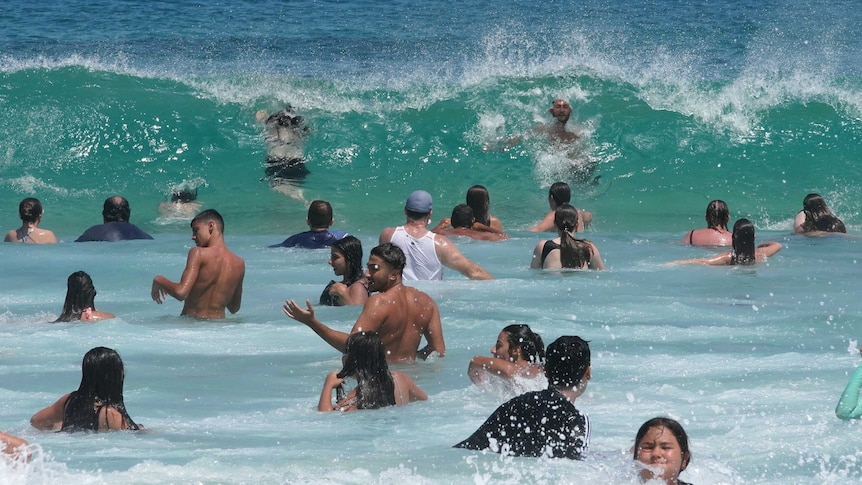So we are all fucked, globally. Are they going to start closing borders or what?
We going to get super mass immigration soon?
Australia is already committed to allowing the country of Tuvalu to resettle here. Similar to what NZ and the US allow with other Pacific Island nations.
Whether this type of agreement is extended to larger countries is another question entirely.
Small island nations with similar heritage to much larger countries is a different matter to all of Africa, Middle East and Indian subcontinent using it as an excuse to get into Europe.
What
To take 1 country as an example 60 million Bangladeshi will need some where to live
On the one hand I’m really excited because I absolutely love summer and especially really hot days. If we get a 40+ on a day I’m not doing anything, I really will just sit out on the porch all day drinking lemonade, or depending on how close it is to Chrissy time, maybe a cheeky one of those Bundaberg things with the lids you can’t put back on
But on the other hand, I remember how bad the bushfires of 19-20 were, and black Saturday from stories passed down from my mum (we were in the country and I was a baby at the time). They ruined so many people’s homes and many people’s lives, and that’s not something I particularly want to happen again
This is the best summary I could come up with:
The current El Niño phase of the Pacific Ocean is forecast to peak during the coming months as one of the strongest on record, laying the platform for unprecedented global temperatures through 2024.
The World Meteorological Organization (WMO) concurred with NOAA’s intensity assessment, however both organisations have cautioned against drawing conclusions on the subsequent change in weather.
The complex relationship between El Niño and weather patterns is especially relevant to Australia where the rainfall impact diminishes during summer while temperatures remain unusually high.
This means that while Australia’s rainfall should gradually shift to resemble a conventional summer pattern during the coming months, our temperatures are likely to remain well above average.
An additional influence on our upcoming summer temperatures is Earth’s record warm seas, which according to the WMO’s Global Seasonal Climate Update strongly favour ongoing warmth for Australia.
Thankfully, the alternating phases of the Indian Ocean, unlike El Niño and La Niña, do not linger through Australia’s summer and the subsequent impact on our weather has completely faded by January.
The original article contains 698 words, the summary contains 171 words. Saved 76%. I’m a bot and I’m open source!
uh huh. didnt they say that about this last summer? this is getting old
deleted by creator
What till you hear about the summer after next… And every summer after
Source?



